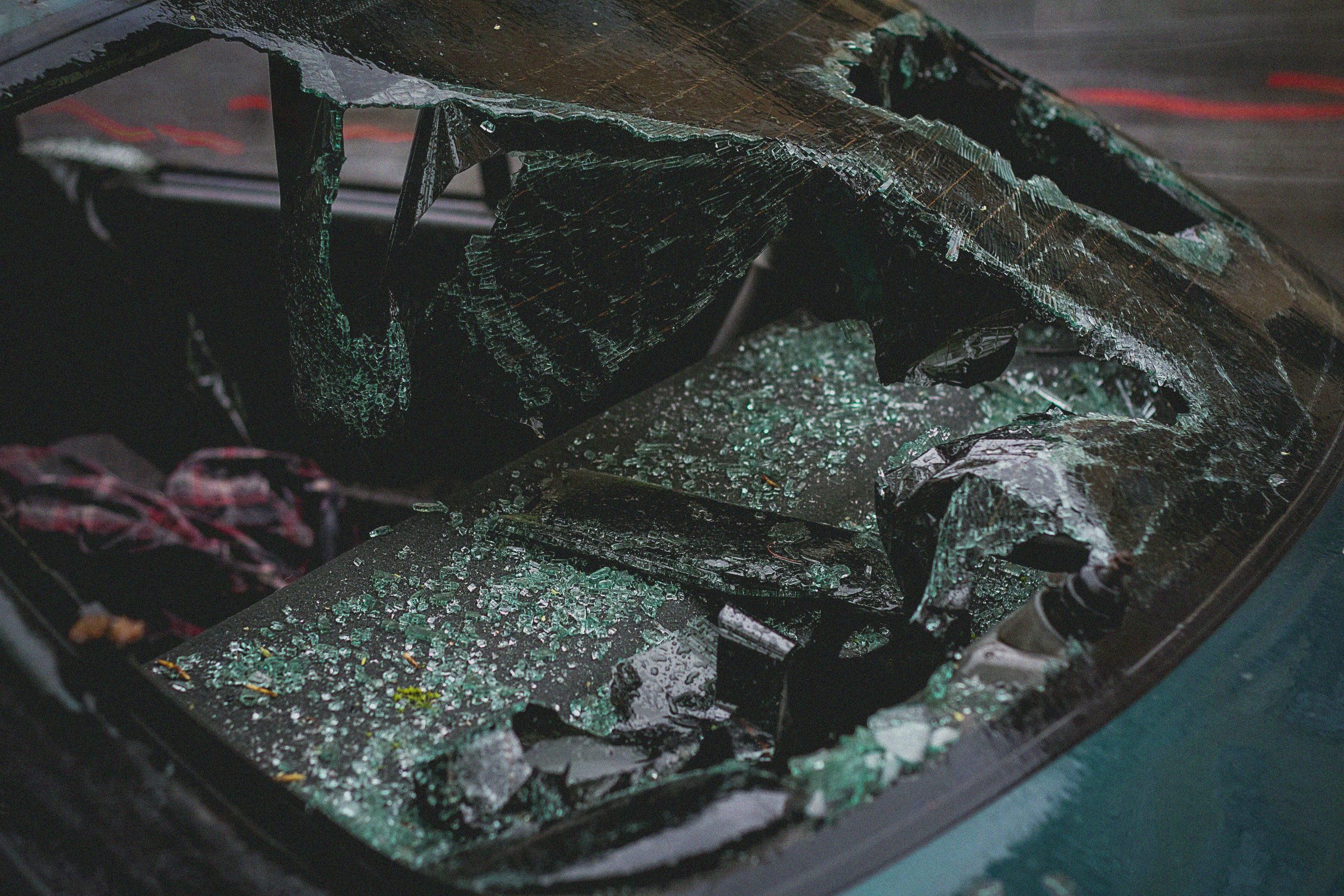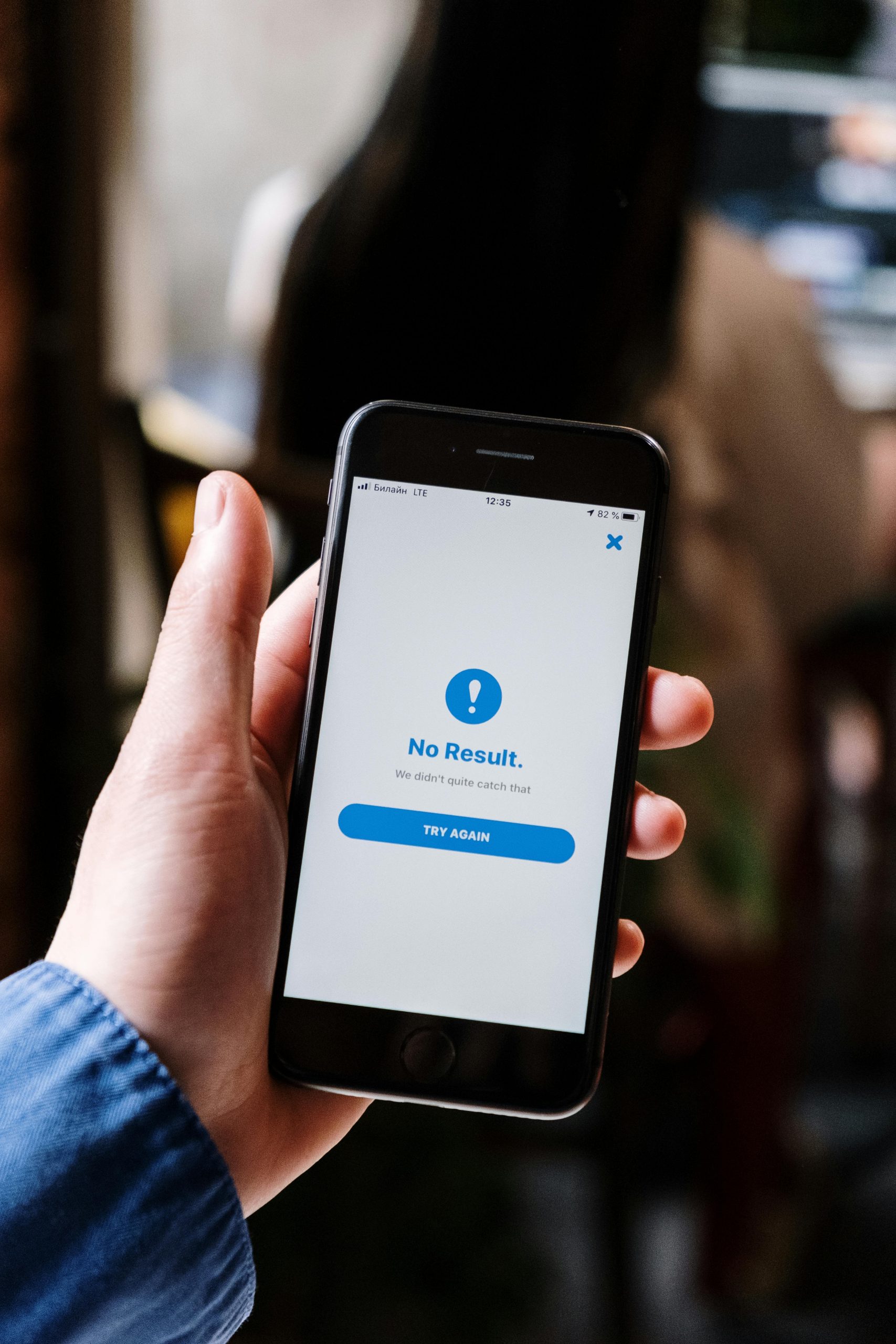Navigating a Hit-and-Run Accident with an Uninsured Driver: What Are Your Next Steps?
Being involved in a rear-end collision, especially with an unlicensed and uninsured driver, can be an unsettling experience. If you find yourself in this situation, it’s crucial to understand your rights and the best course of action to protect yourself financially and legally. Here’s a comprehensive guide to help you handle such an incident professionally and confidently.
Understanding Your Situation
Recently, your vehicle was rear-ended by a driver who lacked a license and insurance coverage. Fortunately, the impact was minimal—merely a scratched rear bumper. The other driver has no additional identification and prefers to settle the matter privately, avoiding insurance claims. You’ve collected substantial evidence, including video footage of the incident, photos of damages, and contact details of the involved parties.
Key Concerns and Recommendations
-
Insurance Claim Deadlines and Reporting
-
Timing for Claims: Typically, insurance policies require prompt notification of accidents. While some insurers specify a deadline (often within 24-48 hours), it’s advisable to report the incident as soon as possible. Since body shops aren’t available today for damage assessments, you can initially notify GEICO about the incident, stating that you are exploring a private settlement. This preemptive step creates a record and helps ensure you meet any reporting requirements.
-
Private Settlement Considerations: If you plan to settle directly with the other driver, inform your insurer of your intentions, but clarify that a formal claim will be filed after obtaining repair estimates. Remember, delaying reporting beyond your policy’s requirements may complicate coverage, so keep communication open and transparent.
-
-
Collision Deductible Waiver for Uninsured Drivers
- Eligibility for Deductible Waiver: Many insurance policies, including GEICO, offer provisions for uninsured motorist coverage that can waive your collision deductible if the at-fault driver is uninsured or untraceable. Verify your policy details or contact GEICO directly to confirm if you qualify for this benefit given the circumstances. Providing the evidence you’ve gathered can strengthen your case for such a waiver.
-
Impact on Your Insurance Premiums
- Will this increase affect your rates? Generally, being involved in an accident—even if not at fault—can influence future premiums. However, since this incident involves an uninsured driver, and you have clear evidence supporting your non-fault status, insurers often categorize it differently than typical at-fault



